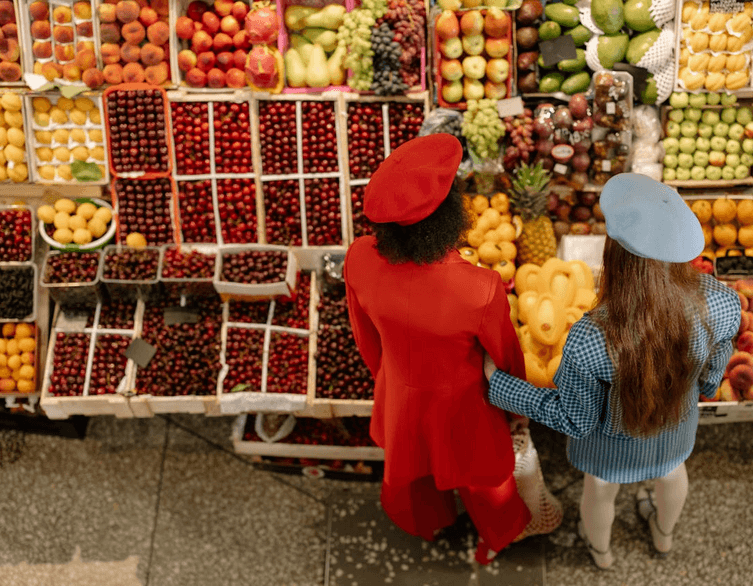Budapest’s Battle Against Food Waste

Budapest is taking significant steps to combat food waste, a growing global issue that contributes to environmental degradation and social inequality. From innovative municipal projects to tech-driven solutions, the city is at the forefront of efforts to reduce food waste and promote sustainability.
Budapest’s Food Processing Plant Initiative
The Budapest City Council is planning to establish a food processing plant at the Budapest Wholesale Market (Nagybani Market) to tackle food waste head-on. This ambitious project, with an estimated cost of one million dollars (approximately 400 million Hungarian forints), aims to transform unsold but still edible fruits and vegetables from the city’s market halls into nutritious meals.
The plant’s primary objective is to process food that would otherwise go to waste, creating meals that will be distributed to social institutions and those in need. This initiative not only addresses food waste but also supports social welfare by providing food to vulnerable populations.
Best deals of Budapest
To fund this project, the city council is applying for a grant from the Bloomberg Foundation. If successful, this food processing plant could serve as a model for other cities looking to implement similar waste reduction strategies.
The Shocking Reality of Food Waste
The scale of food waste globally and in Europe is staggering, highlighting the urgent need for initiatives like Budapest’s:
- In the European Union, approximately 59.2 million tons of food waste is generated annually, equivalent to 132 kg per person.
- More than half of this waste occurs at the household level.
- The economic cost of food waste in Europe is estimated at 132 billion euros annually.
- Globally, one-third of all food produced ends up in the trash.
- Food waste is responsible for 8-10% of global greenhouse gas emissions.
- The amount of food wasted globally could feed nearly 1.3 billion hungry people worldwide.
These figures underscore the environmental and social impact of food waste, emphasizing the importance of initiatives to address this issue at all levels of the food supply chain.
Munch: A Tech Solution to Food Waste
In addition to municipal efforts, innovative startups are also contributing to the fight against food waste in Budapest. Munch, a Hungarian app launched in 2020, is revolutionizing how businesses and consumers approach surplus food.
Munch connects restaurants, bakeries, and cafes with customers, allowing these establishments to offer their excess daily meals at discounted prices. This approach not only reduces food waste but also provides consumers with access to quality food at lower prices.
The app has seen remarkable success:
- Within its first year, over 250 hospitality establishments in 11 cities had joined the platform.
- More than 80,000 people downloaded the app, making it one of Hungary’s most popular food and drink applications.
- Munch has expanded beyond Hungary, now operating in the Czech Republic, Slovakia, and Romania.
The success of Munch demonstrates the potential of technology-driven solutions in addressing food waste. By creating a marketplace for surplus food, the app is changing consumer behavior and business practices, contributing to a more sustainable food system.
Conclusion
Budapest’s multifaceted approach to combating food waste, combining municipal initiatives like the planned food processing plant with innovative tech solutions like Munch, showcases the city’s commitment to sustainability and social responsibility. These efforts not only address the immediate issue of food waste but also contribute to broader goals of reducing greenhouse gas emissions, conserving resources, and supporting vulnerable populations.
As cities worldwide grapple with similar challenges, Budapest’s initiatives offer valuable insights and potential models for reducing food waste on a larger scale. By continuing to innovate and implement such solutions, Budapest is positioning itself as a leader in the global fight against food waste.
Image source: Budapest Wholesale Market
Related news













